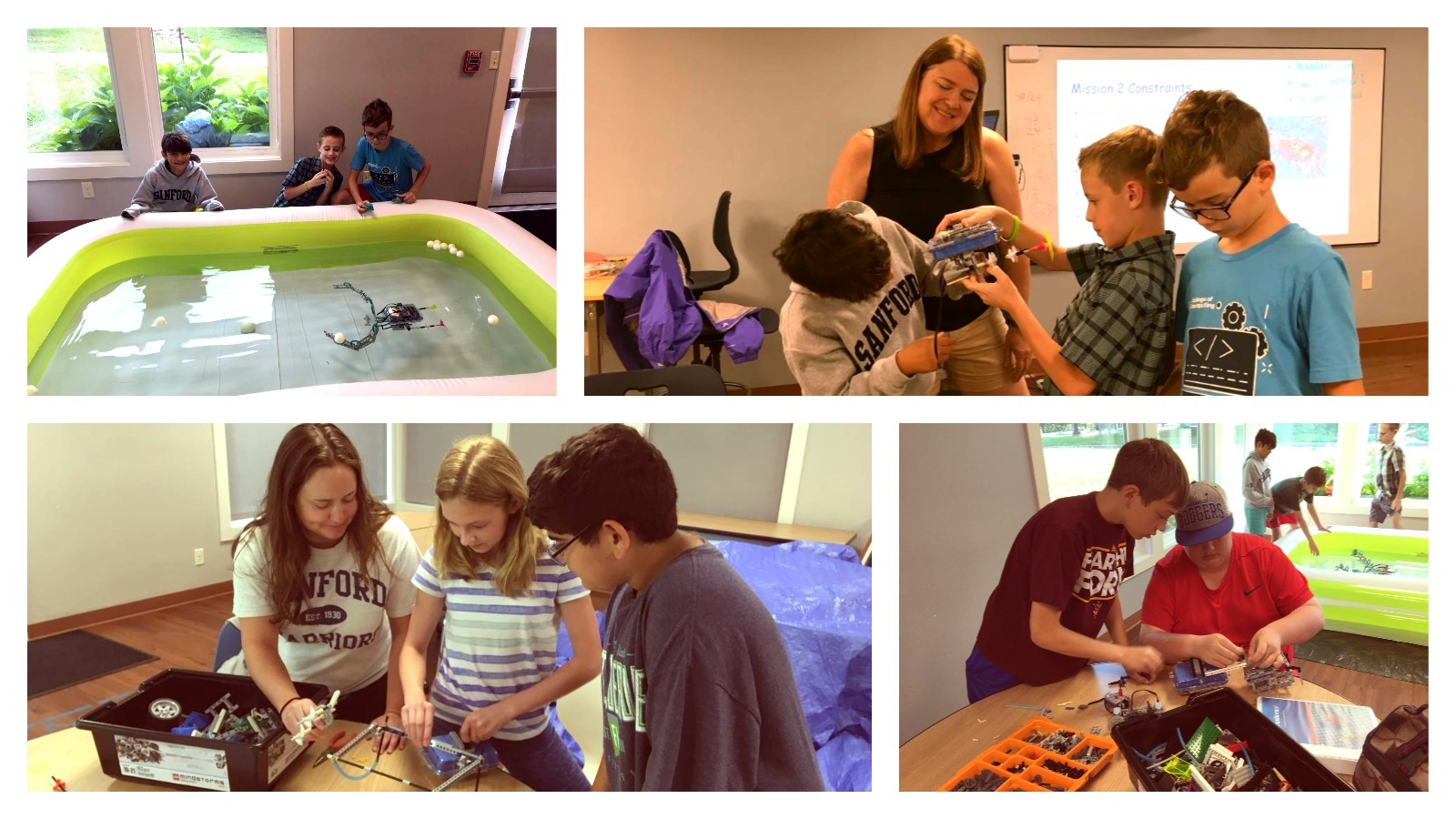When you think about what makes a child “smart” the first things that come to mind are often things like scores on a math quiz, or a grade on a writing assignment in English class. However, it’s important to remember that there are many different ways to be smart, including having high levels of “emotional intelligence,” also referred to as “emotional quotient” or “EQ.” According to Helpguide International, emotional intelligence is the:
“ability to understand, use, and manage your own emotions in positive ways to relieve stress, communicate effectively, empathize with others, overcome challenges and defuse conflict.”
These kinds of skills are invaluable, because, as the authors explain, “your IQ [intelligence quotient] can help you get into college, but it’s your EQ [emotional quotient] that will help you manage [your] stress and emotions when facing your final exams.” Developing emotional intelligence early can help students build self-confidence and resilience, as well as lay the foundations for strong interpersonal relationships as children, teens, and adults.

















